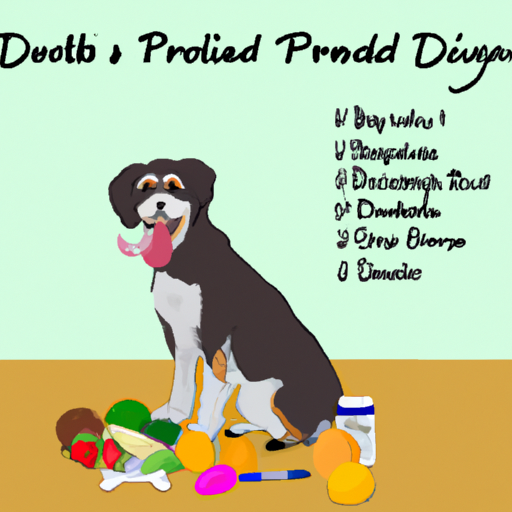A pregnant dog’s diet is instrumental in ensuring both the mother and her puppies’ health. As a caregiver, it is essential to understand the best feeding practices during this critical period. This guide will provide you with all the necessary information, from nutrition tips to diet changes and frequently asked questions.
1. Understanding Your Pregnant Dog’s Nutritional Needs
When your dog is pregnant, her body works twice as hard to support her and her growing puppies. This requires an increase in the number of calories and nutrients she consumes.
Calorie Intake:
It’s not about feeding her more; it’s about feeding her better. In the early stages of pregnancy, maintain her regular diet. But as she enters the final third of her pregnancy, gradually increase her calorie intake by up to 50%.
Nutrient Intake:
| Nutrient | Importance |
|---|---|
| Protein | Essential for the development of puppies |
| Fats | Provides energy |
| Calcium | Needed for bone development |
| Folic Acid | Prevents birth defects |
2. Selecting High-Quality Food
While the market is flooded with dog food brands, not all are suitable for your pregnant dog. Look for foods with high-quality, digestible protein such as chicken, beef, or fish. Avoid any foods that use meat by-products or fillers. Consider premium puppy food as they are designed for growth and development, which is exactly what your pregnant dog needs.
3. Homemade Meals for Pregnant Dogs
If you prefer to prepare your dog’s meals, ensure they’re balanced and nutritious. Here’s a simple recipe to try:
- 2 parts of a high-quality protein source (chicken, beef, fish)
- 1 part carbohydrates (rice, sweet potatoes)
- 1 part vegetables (carrots, peas)
- Supplement with calcium and fish oil
Remember, before switching to homemade meals, consult your vet to ensure the diet is balanced.
4. Feeding Schedule for Pregnant Dogs
Adjusting your dog’s feeding schedule is just as important as what you feed her. In the early stages, maintain her regular feeding schedule. As she progresses in her pregnancy and her abdomen grows, smaller, more frequent meals are preferable to avoid bloating and discomfort.
5. Hydration is Key
Keeping your pregnant dog hydrated is crucial. Always have fresh water available for her. If she’s not drinking enough, try adding some water to her food to increase her fluid intake.
Frequently Asked Questions
1. Can I give my pregnant dog supplements?
Yes, but consult your vet first to ensure they are suitable for her.
2. How many times should I feed my pregnant dog?
In the early stages, stick to her regular feeding schedule. In the later stages, switch to smaller, more frequent meals.
3. Should I change her diet after she gives birth?
Yes, a nursing dog has different nutritional needs. Check with your vet for the appropriate dietary changes.
Remember, every dog is unique and so are their dietary needs. Always consult with your vet before making any major changes to your dog’s diet. Your dedication as a caregiver coupled with the right knowledge will ensure your dog’s pregnancy goes smoothly.



